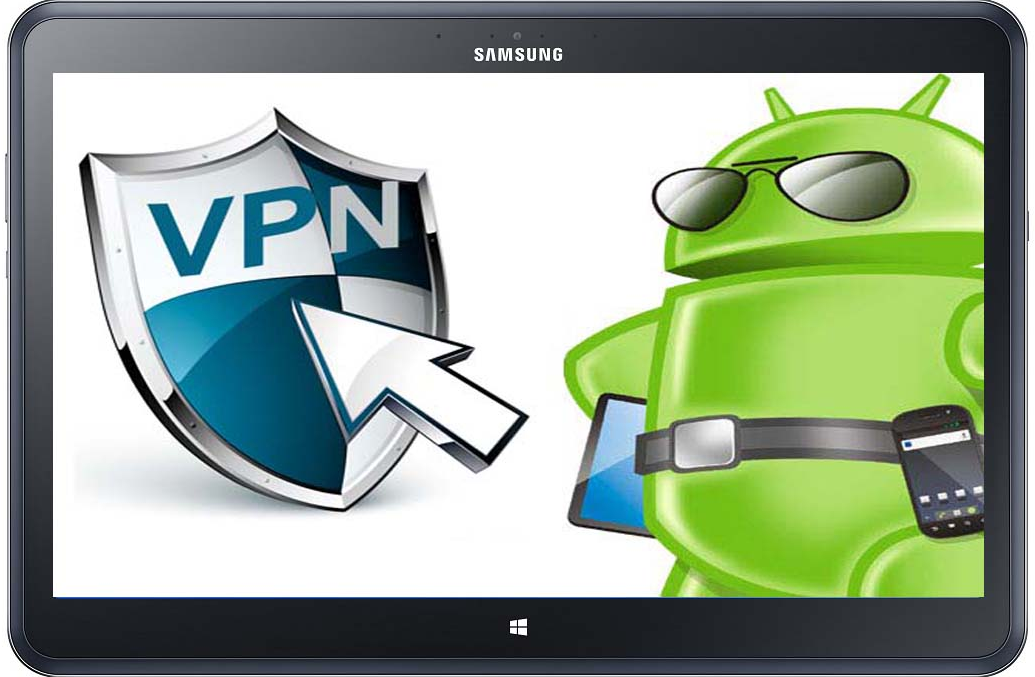
What is a VPN?
VPN stands for virtual Private Network and irrespective of the OS or the device that's using it, the primary function of a VPN remains the same; to provide anonymity to the user and hide his/her actual location. In order to achieve this, the internet activities of the user are routed through servers in different locations around the globe to generate a proxy IP address. What this means is that if you access a website while using a VPN, the site will recognize your location based on the proxy IP address, as generated by a server situated in a completely different part of the world. If you are sitting in the US, a VPN can fool the websites in recognizing you as a user from Russia or vice versa.
What Is It Good For?
Quite simply put, using a VPN to connect to the internet makes everything you do safer and more secure due to the anonymity it provides. The websites you visit, the private data you exchange with others and just about any other activity remains anonymous and no one can see where you are actually logging in from, even when it's a public Wi-Fi connection. This also removes all region-locking restrictions from a service like Netflix, giving you unlimited access to all content from regions around the globe. Although, keep in mind that Netflix is known to block certain VPN services.
Why Do You Need VPN on Your Android Device?
While the Android OS has become a lot safer from its initial days when it was launched, it still continues to be the most affected mobile platform in terms of hacker attacks. If you plan to use your Android phone on public Wi-Fi connections and would like to keep your browsing habits personal, you will need a VPN service from the best providers. Besides, all the region-unlocking advantages that comes with subscribing to a VPN holds true for Android apps as well.
What are the Disadvantages of Using a VPN on Android?
The biggest disadvantage of using a Virtual Private Network on any platform is that your internet speed will slow down a bit. This is an unavoidable side-effect of the encryption and rerouting process for which the service is used in the first place. Unfortunately, in China, North Korea, Vietnam, Myanmar, Eritrea, Ethiopia, Iran, Saudi Arabia, Syria and Tunisia, it's illegal to use a VPN due to the authoritative structure of the laws that govern these nations.
Even free VPN services do provide a bit of privacy protection but their services are neither long term, nor reliable enough. We recommend using a paid service, especially if you take your privacy seriously enough.
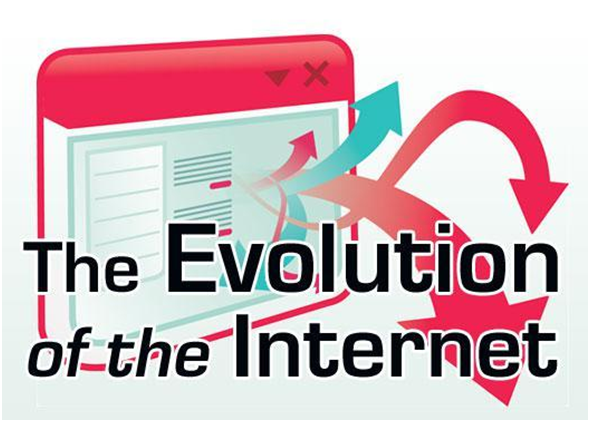
The Internet has changed so many things we do these days, and we tend to take it for granted. Here are some things that the evolution of the Internet has changed in our lives:
1. The Web of Information - There is so much information at our fingertips these days, and we instantly have access to it. Gone are the days of having to go through numerous libraries looking for information, when all we need to do is to go on the Internet.
2. Add-Ons Making Our Lives Easier - When writing, searching the Internet, or even communicating with people, add-ons have been revolutionary. Creating a web of trust for us, and helping us avoid malicious sites, it seems we can't live without add-ons these days.
3. Online Gaming - All modern consoles and desktop computers are connected to the Internet and allow us to play with people from all over the world. We tend to take them for granted these days, but where would we be without the ability to compete against each other?
4. Twitch and YouTube - The ability to stream our gameplay and watch others playing is growing in popularity, especially with eSports. Imagine how hard it was to do that in the past? We did have old shows like Gamesmaster, but not live and not instantly at hand.
5. Netflix and Chill - Streaming our favourite movies and television show is something we all love to do. Binge-watching now means simply selecting what we want to watch, instead of continually having to change the VHS/DVD/Blu-ray after every few episodes.
6. Online Shopping - The ability to purchase anything we want and have it sent to our homes is something we take for granted now. Many would argue that this is one of the best evolutions of the Internet and what it has done for us.
7. Improved Customer Support - Gone are the days of having to pay telephone charges to get help, with customer support being available on the Internet. With live chats with people ready to help, it seems that getting help has never been easier.
8. The Power of the New Media - News has gone through a revolution with live streaming from phones and other devices. Gone are the days when we were reliant on television news show, as the Internet provides news instantaneously to us all.
9. Accountability - The Internet has helped us to hold people with authority to account. Gone are the days when governments try to hide facts, with the Internet bringing protesters together to work for the good of the people. There may be dangers of "fake news" but most of us see through that quickly.
10. The Smart Phone - The Internet is in the palm of our hands wherever we go. What better evolution of the Internet than this instant access from anywhere around the world?
The Internet continues to evolve and get better and better. We reap the rewards of the technical advances we see every day, and the list above are just a few ways our lives have been improved.

In what could be the most revolutionary use for a smartphone yet, UCLA professor Aydogan Ozcan and his team of scientists from around the world has invented a "smartphone accessory" which has the potential to detect cancer.
This device will basically turn your smartphone into an extremely powerful microscope that is capable of analyzing and imaging DNA sequences; something that is instrumental in detecting DNA abnormalities that could lead to malignant tumors or other harmful genetic mutations responsible for cancer. Consider the fact that building a medical microscope with similar capabilities may take as much as $10,000 to $50,000+, while this "accessory" can be manufactured with a budget below $500! One can only imagine what this could mean for the underdeveloped regions around the world.
The device was built with a 3D printer and the phone with which it was used initially is a Windows powered device. However, the team has assured everyone that the same results can be replicated by using just about any smartphone. All one needs to do is place the concerned tissue sample onto the built-in receptacle and the phone begins snapping pictures of the sample. After enough pictures have been collected, the captured images are checked with a preset algorithm automatically to detect if the tissue sample indeed has any cancerous potential or growths in it.
Saikat Kar (tech-enthusiast)

There is no doubt about the potential that VR holds for the future of entertainment and now some of the biggest names in the business have joined forces in order to initiate the largest promotional campaign for VR till date. The Global Virtual Reality Association or GVRA comprises of Facebook Oculus, HTC Vive, Sony Interactive Entertainment, Google, Acer Starbreeze and of course, Samsung.
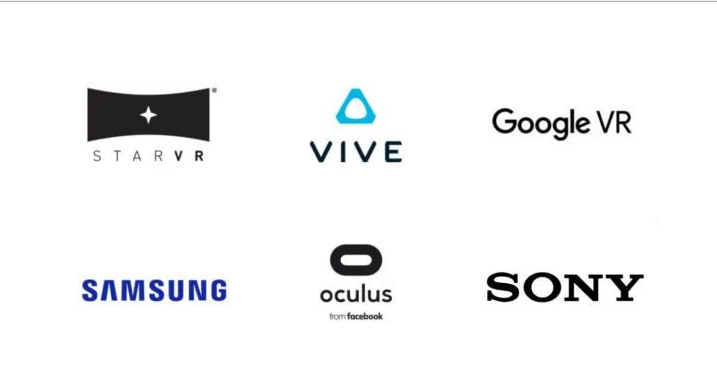
The group will be responsible for developing, as well as setting software and hardware standards for everything related to the virtual reality business. The campaign is set forward to not only standardize and control the VR market, but also to make VR more popular, attractive, useful and consumer friendly all around the world. As most of the major players in the business have now united (barring a few like Microsoft) under one organization, research and development will probably reach new heights faster than ever before. However, it will be interesting to see if they can make the technology more appealing and affordable for the general masses all around the globe.
Saikat Kar (tech-enthusiast)
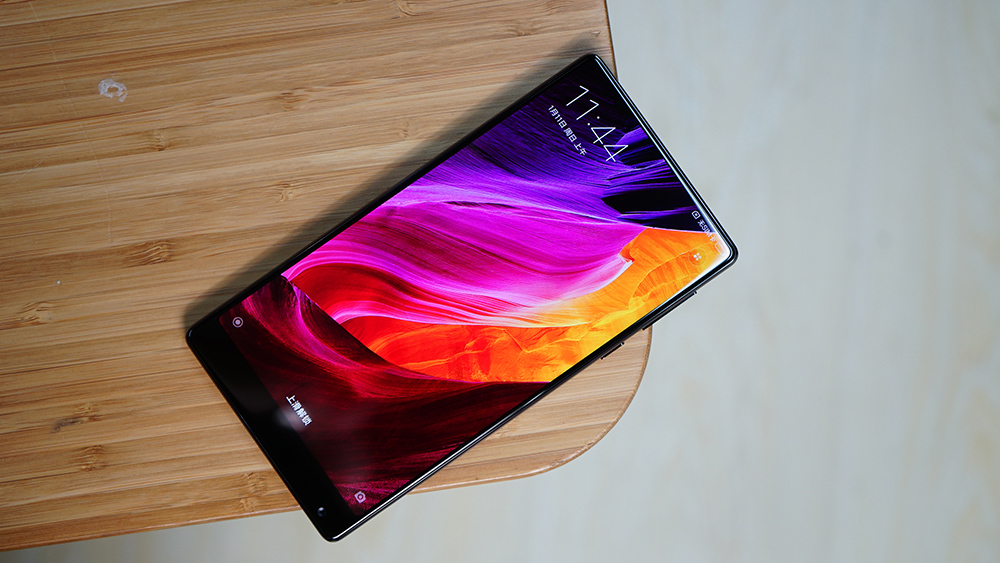
The Xiaomi Mi Mix is currently the most talked about smartphone in the world, thanks to the brilliant design it brings to the plate with a near bezel-less display which boasts of a screen-to-body ratio of 91.3%. Nevertheless, we will surely see a lot more of the same design from other manufacturers next year, so here's a list of the best bezel-less smartphones that are coming in the near future.
Samsung Galaxy S8
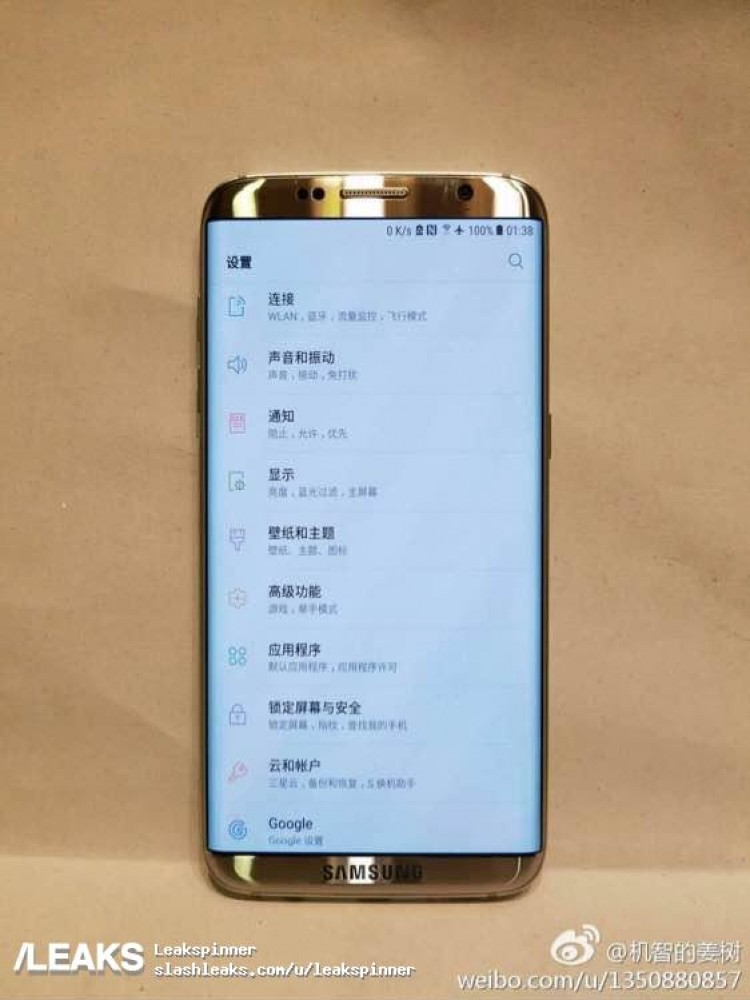
There were rumors, but after a hint by Samsung senior engineer Park Won-sang, it's almost a certainty that at least one version of the S8 is going to feature an edge-to-edge Super AMOLED display with more than 90% screen-to-body ratio.
Apple iPhone 8
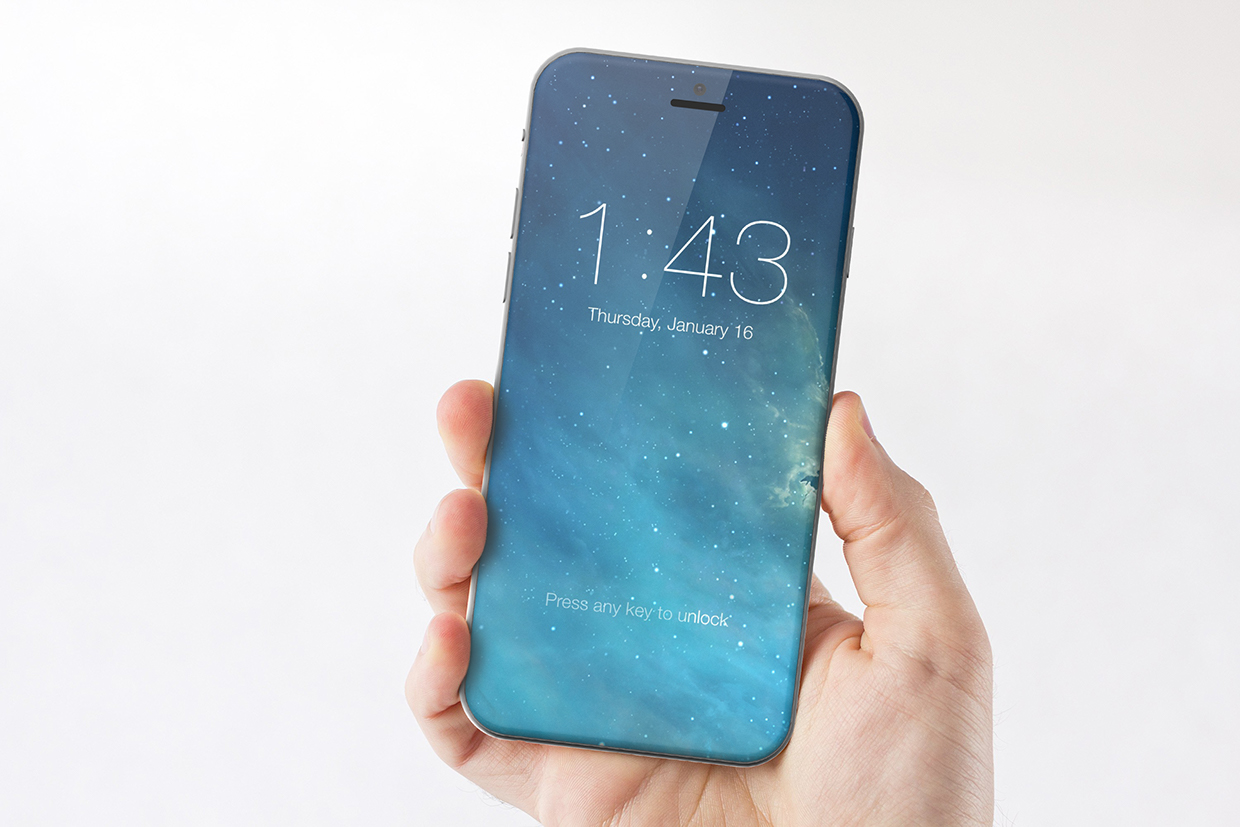
If we take a report by Barclays Research seriously, then Apple is about to mark the 10th anniversary of the iPhone with a curved edge-to-edge OLED display.
Huawei "Quad-Edge screen"
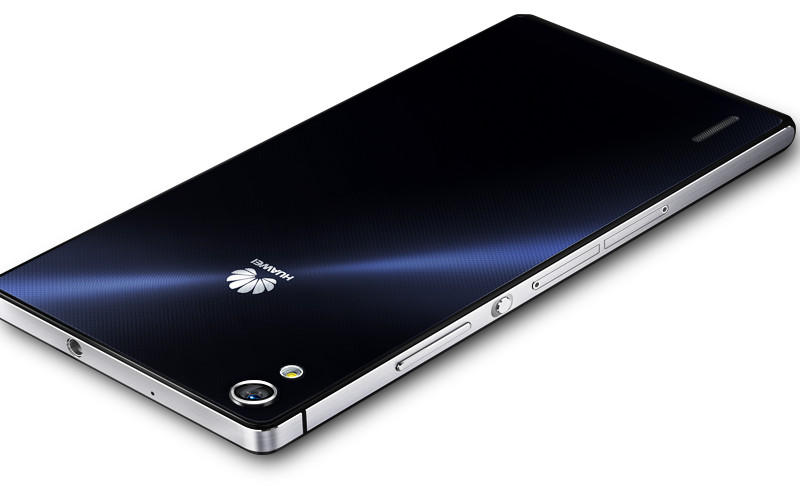
We don't know the name of the phone yet, but what we do know is that a Huawei phone is coming with an all-screen display that's curved on the four corners and it's being termed as the "Quad-Edge screen."
Meizu Pro 7
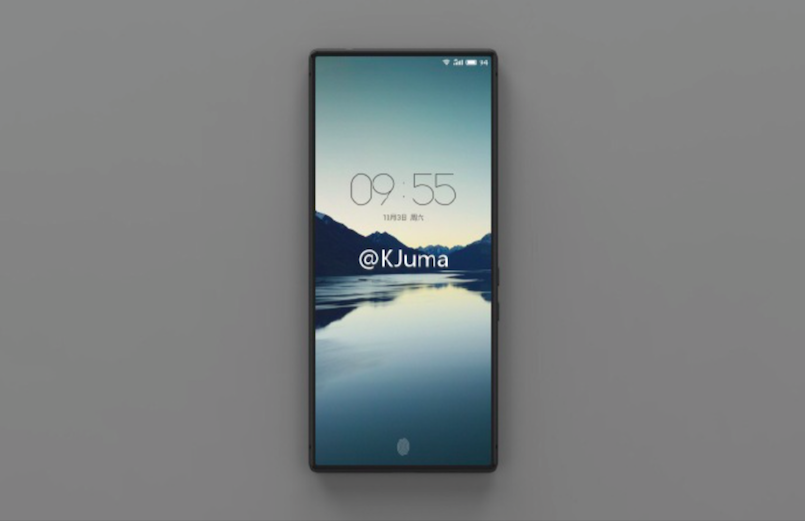
If the rumors surrounding the Meizu Pro 7 turn out to be true, then it's going to sport a 2160 x 1080 AMOLED display, with a screen-to-body ratio of more than 96%!
What do you think about the borderless design? Are they the future of smartphone displays, or just a temporary fad?
Saikat Kar (tech-enthusiast)
© 2023 YouMobile Inc. All rights reserved






